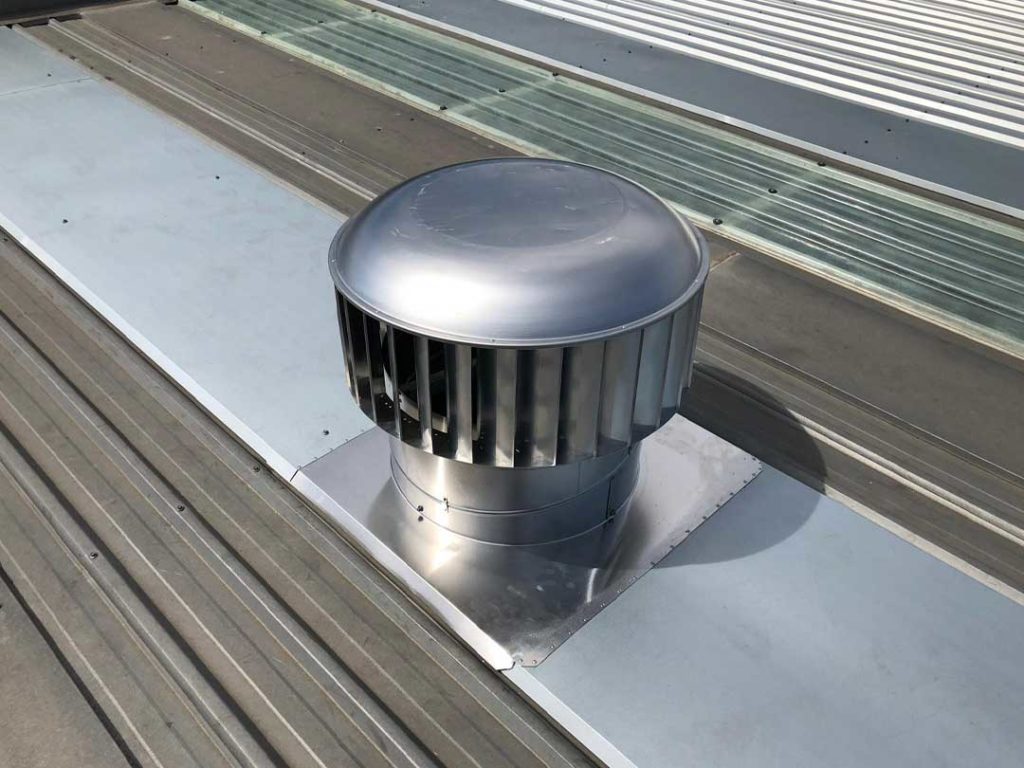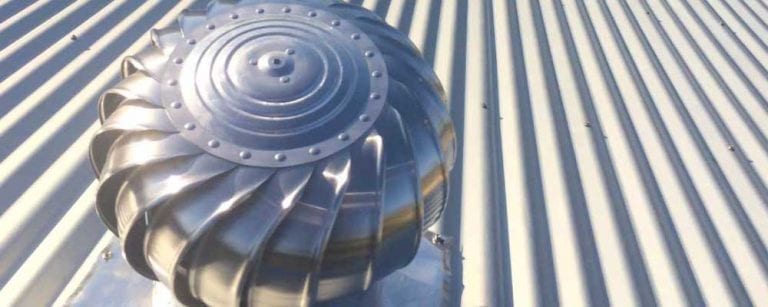Retrofitting Roof Insulation: Enhancing Comfort and Energy Efficiency in Various Settings
Whirlybird Roof Vents Installation packages Greater Sydney Area – Click Here
Rain Heads to the Trade Shipped Free Australia Wide – Click Here >
Dambuster Rain Heads Shipped Free Australia Wide – Click Here >
Gutter Sumps to the Trade Shipped Free Australia Wide – Click Here >
Eco-Friendly Roofing Insulation Shipped Free – Click Here >
Roof insulation is an essential component of any building’s envelope, contributing significantly to thermal comfort, energy efficiency, and noise reduction. Whether you’re considering retrofitting roof insulation in an existing structure or planning its incorporation into new construction, understanding the benefits, options, and best practices for roof insulation is crucial. In this comprehensive guide, we will explore the various aspects of roof insulation, its applications in different settings, and how it can make a difference in office buildings, renovations, retail spaces, roof decks, roof gardens, schools, shingle roofs, and single-family homes. We will also delve into the regional considerations for roof insulation in Australian cities like Adelaide, Brisbane, Melbourne, Perth, and Sydney. By the end of this article, you will have a thorough understanding of roof insulation, its R-value, and how it can be advantageous in terms of energy efficiency and overall comfort. Additionally, we’ll discuss the role of roof insulation companies and contractors in making your insulation project a success.
Understanding the Importance of Roof Insulation
Before we delve into the specific applications of roof insulation, it’s essential to understand why it plays a pivotal role in enhancing the performance of a building. Roof insulation primarily serves three critical functions:
- Thermal Comfort: Roof insulation acts as a barrier against heat transfer, keeping your interior spaces cooler in the summer and warmer in the winter. This helps maintain a comfortable indoor temperature, reducing the reliance on heating and cooling systems.
- Energy Efficiency: By preventing excessive heat gain or loss through the roof, insulation reduces the energy needed for temperature regulation. This translates to lower energy bills and a reduced carbon footprint.
- Noise Reduction: Roof insulation can also provide effective soundproofing, minimizing external noise infiltration and ensuring a quieter and more peaceful indoor environment.
Now that we have a fundamental understanding of why roof insulation is crucial, let’s explore its applications in various settings.
Roof Insulation for Office Buildings
Comfort and Productivity
Office buildings often house numerous employees who spend a significant portion of their day indoors. Comfort is crucial for productivity, and roof insulation can help maintain a pleasant working environment. Proper insulation ensures that the office space remains cool during hot summers and warm during chilly winters, creating a comfortable atmosphere for employees.
Energy Efficiency
Energy costs can be a significant expense for businesses. Roof insulation can significantly reduce the energy required for heating and cooling, leading to substantial cost savings for office buildings. Additionally, improved energy efficiency aligns with sustainability goals, making it an attractive option for environmentally conscious businesses.
Roof Insulation for Renovations
Preserving the Building’s Aesthetic
When renovating an older structure, maintaining its architectural integrity is often a priority. Roof insulation can be retrofitted without compromising the building’s exterior appearance. This allows for the preservation of historical or distinctive features while modernizing the building’s energy efficiency and comfort.
Upgrading Insulation
Older buildings may have outdated or insufficient insulation, resulting in energy inefficiencies and discomfort. Retrofitting roof insulation during renovations is an excellent opportunity to address these issues and bring the building up to modern standards.
Roof Insulation for Retail Spaces
Customer Comfort
In retail spaces, customer comfort is paramount. Roof insulation helps create a pleasant shopping environment by keeping the store at a comfortable temperature year-round. Customers are more likely to spend time and make purchases in stores with a comfortable interior.
Cost Savings
For retail businesses, energy costs can be a significant portion of the operating expenses. Roof insulation can lead to substantial savings by reducing the need for excessive heating and cooling. These savings can be reinvested in the business or passed on to customers through competitive pricing.
Roof Insulation for Roof Decks
Roof Deck Comfort
Roof decks are popular recreational spaces in urban settings. However, their comfort can be greatly affected by temperature extremes. Roof insulation helps regulate the temperature on these decks, making them more enjoyable year-round.
Temperature Control
For buildings with rooftop amenities like bars or lounges, roof insulation is essential for maintaining a consistent temperature. It ensures that these spaces remain comfortable for patrons, enhancing the overall customer experience.
Roof Insulation for Roof Gardens
Climate Control
Roof gardens are a growing trend in urban environments. Roof insulation is crucial for controlling the microclimate within these gardens, helping to protect delicate plants and create a hospitable environment for visitors.
Energy Efficiency
Just like with roof decks, roof gardens benefit from energy efficiency provided by insulation. It reduces the need for heating or cooling systems in garden structures, contributing to sustainability goals and reducing operational costs.
Roof Insulation for Schools
Comfort for Students
A comfortable learning environment is essential for students’ concentration and well-being. Roof insulation helps regulate temperatures in school buildings, ensuring that students are comfortable year-round.
Cost-Efficiency for Schools
Schools often have tight budgets, and reducing energy costs can free up funds for educational resources. Roof insulation can help schools save on heating and cooling expenses, allowing them to allocate resources to other essential areas.
Roof Insulation for Shingle Roofs
Enhancing Longevity
Shingle roofs are a common choice for residential buildings. Roof insulation can extend the lifespan of shingle roofs by reducing temperature fluctuations and thermal stress on the roofing materials.
Energy Savings
Homeowners with shingle roofs can enjoy energy savings by insulating their roofs. This not only reduces heating and cooling costs but also enhances overall home comfort.
Roof Insulation for Single-Family Homes
Year-Round Comfort
Single-family homes benefit greatly from roof insulation. It ensures that homeowners are comfortable throughout the year, regardless of the season. This can be especially important in regions with extreme temperature variations.
Energy Efficiency
Homeowners are increasingly looking for ways to reduce their carbon footprint and lower energy bills. Roof insulation contributes to both objectives by improving energy efficiency, making it an attractive investment for homeowners.
Regional Considerations for Roof Insulation in Australian Cities
Australia’s diverse climate requires careful consideration when choosing and installing roof insulation. Here are some regional insights for key cities:
Roof Insulation in Adelaide
Adelaide experiences hot and dry summers, making effective roof insulation crucial for maintaining indoor comfort. Reflective insulation, such as foil-backed insulation, is an excellent choice for this climate, as it reflects radiant heat.
Roof Insulation in Brisbane
Brisbane has a subtropical climate with warm and humid summers. Roof insulation that combines both thermal and moisture control properties is essential to combat heat and humidity effectively.
Roof Insulation in Melbourne
Melbourne has a temperate climate with cool winters. Roof insulation should have a high R-value to keep homes warm during the colder months while also providing effective heat resistance in the summer.
Roof Insulation in Perth
Perth experiences hot and dry summers with mild winters. Reflective insulation or radiant barriers are popular choices here to minimize heat absorption and maintain comfortable indoor temperatures.
Roof Insulation in Sydney
Sydney has a mild and temperate climate with warm summers. Roof insulation with good thermal resistance and moisture control properties is essential for maintaining comfort and energy efficiency.
Understanding Roof Insulation R-Value
The effectiveness of roof insulation is often measured by its R-value, which quantifies its thermal resistance. A higher R-value indicates better insulation performance. When selecting roof insulation, consider the recommended R-value for your specific climate zone to ensure optimal thermal comfort and energy efficiency.
Benefits of Roof Insulation
To summarize, the benefits of roof insulation include:
- Enhanced Comfort: Roof insulation maintains consistent indoor temperatures for year-round comfort.
- Energy Efficiency: It reduces heating and cooling costs, resulting in energy savings and reduced carbon emissions.
- Noise Reduction: Roof insulation minimizes external noise intrusion, creating a quieter indoor environment.
- Preservation of Aesthetic: Roof insulation can be retrofitted without compromising a building’s appearance during renovations.
- Cost Savings: It leads to lower energy bills, making it a cost-effective investment for both residential and commercial buildings.
- Environmental Sustainability: Roof insulation aligns with sustainability goals by reducing energy consumption.
Working with Roof Insulation Companies and Contractors
When considering roof insulation, it’s essential to work with experienced professionals. Here’s how roof insulation companies and contractors can help:
- Assessment: They can assess your building’s insulation needs, taking into account its size, location, and specific requirements.
- Material Selection: Roof insulation professionals can recommend the most suitable insulation materials for your project, ensuring optimal performance.
- Installation: Experienced contractors will install insulation correctly, following industry best practices and local building codes.
- Cost Estimation: They can provide accurate cost estimates, helping you budget for your insulation project.
- Warranty and Maintenance: Many insulation companies offer warranties on their products and services, providing peace of mind for the long term. They can also advise on insulation maintenance to ensure continued effectiveness.
In conclusion, roof insulation is a versatile and essential component of building design and renovation. Whether you are enhancing the comfort of an office building, renovating a historical structure, or making a retail space more energy-efficient, roof insulation can significantly improve your building’s performance. Understanding the specific requirements of your location, climate, and building type is crucial when selecting the right insulation solution. By working with reputable roof insulation companies and contractors, you can ensure that your project is a success, providing lasting comfort, energy savings, and environmental benefits. Roof insulation is an investment in the present and future of your building, offering a comfortable, efficient, and sustainable indoor environment.


